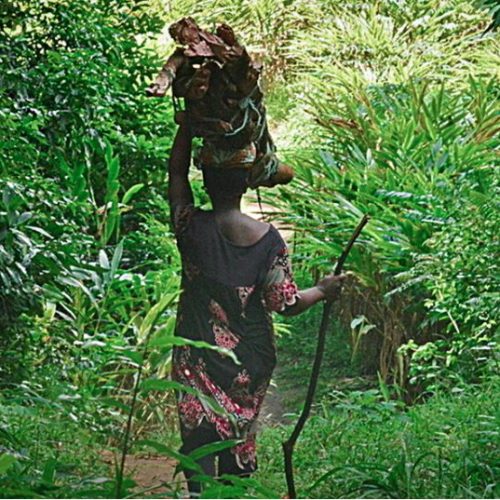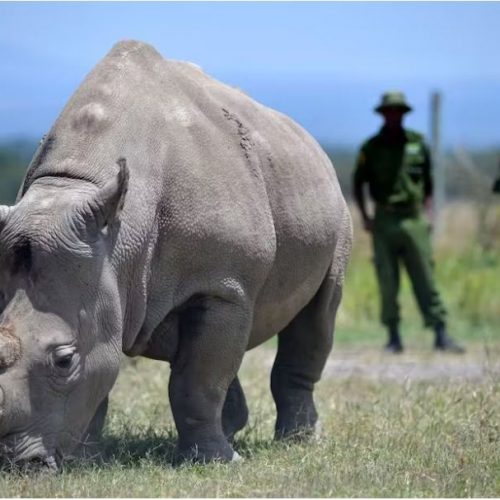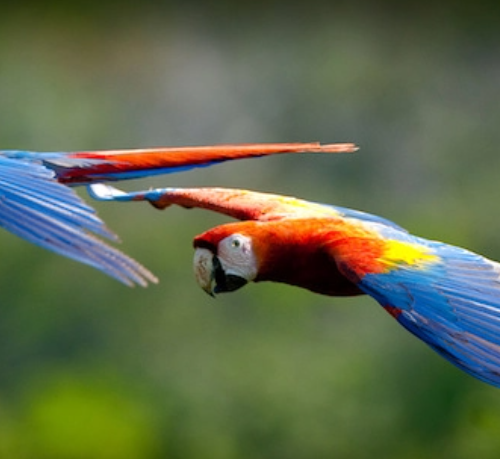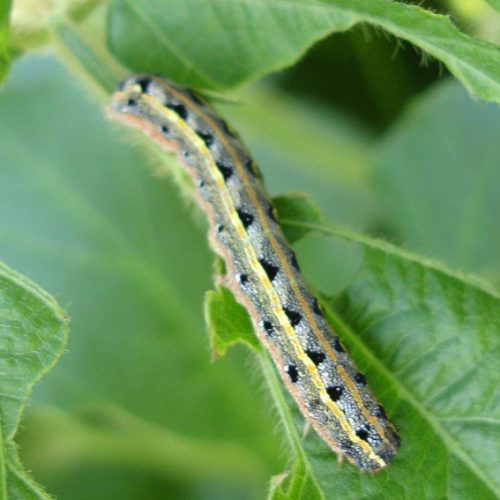From Cardamom to Carbon: Bold New Tanzanian Project Is Regrowing A Rainforest
Farmers in eastern Tanzania are regrowing rainforest trees on part of their land. The farmers receive payments from the sale of carbon credits to supplement their incomes and to compensate them for loss of land and cash crops. So far, close to 270,000 trees have been planted on 200 hectares (494 acres) of farms located on the flanks of the Nguru Mountains.
How to Grow Rhinos In A Lab: the Science that Could Save An Endangered Species
There are several parallel projects running across the world to save the northern white rhinoceros (Ceratotherium simum simum), one of Africa’s captivating and iconic wildlife species. With the death of last male in 2018 and with only two females alive, the species is functionally extinct.
The most famous of these projects is an international research consortium called BioRescue. It was founded in 2019 by a team of scientists and conservationists under the leadership of the Leibniz Institute for Zoo & Wildlife Research in Berlin, Germany.
Conservation Costs Are Rarely Reported, Making It Difficult to Prioritize Funding
The costs of conservation actions are rarely reported, making it difficult to decide on the best ways to protect and restore nature, a new study shows. It looked at nearly 2,000 peer-reviewed papers on wildlife conservation action and found that only 13.3% reported costs, and only 8.8% reported total costs.
New Tech Fights Fall Armyworm By Letting Offspring Die
Scientists have developed a new technology that could control the devastating fall armyworm crop pest by releasing genetically-controlled males that suppress populations as subsequent offspring cannot survive, a study says.
The fall armyworm, Spodoptera frugiperda, which was detected in Sub-Saharan Africa for the first time in 2016, could lead to one-third maize yield losses in some countries and up to US$6.3 billion loss annually, according to the study published in the journal BMC Biotechnology.



